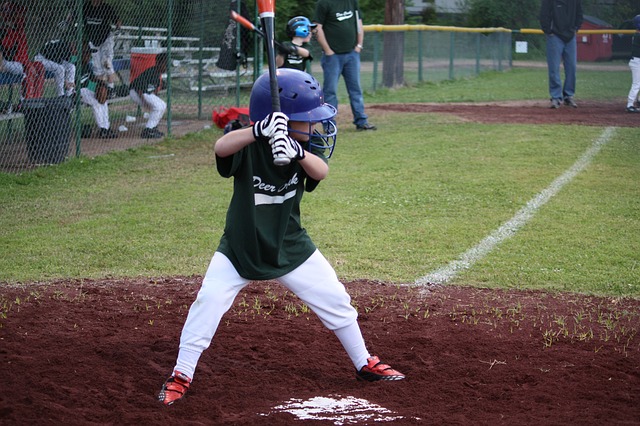Many single moms don’t have the luxury of joint custody, visitation, or even child support from our children’s fathers. We are– for better or for worse– in the parenting ring all by ourselves. While this can be beneficial in many important ways, it can be hard to talk about our children’s absent fathers.
My daughter, who is preschool-age, knew her father until she was two and a half, and still remembers him and asks about him every day. Ouch! But I’ve found several ways to talk about her father in a positive, proactive and sympathetic manner.

If your preschooler wants to know about her absent father, aside from sensory gym at our house, these tips can help you initiate a positive conversation .
1. Tell the truth. It would be easy to tell your preschooler that her absent father is dead, or that she never had a father. But dishonesty is never a good policy between a mother and daughter. Explain how you met your daughter’s father. If you were in love with him, say so. If you got married but it didn’t work out, say so. If he was there for your preschooler when she was a newborn, say so. It’s critical to keep a clear, honest and open line of communication with your child about this important topic.
2. Don’t bash him. There should be a limit to how much you divulge when it comes to your child’s absent father’s negative behaviors. It may be true that he is on drugs, homeless, or in prison. It may be true that he was selfish and immature, and didn’t own up to his responsibilities as a parent. But, if you tell your child these things, she will have to live with the guilt of knowing that his blood still flows in her own veins. There are more positive ways to express the same issues in ways that your preschooler can understand. For example, you might say: “Your father has a lot of problems to deal with, and we both agreed that it would be better for him to stay away while he copes with them.”
3. Make sure she knows it isn’t her fault. Unless you say otherwise, your preschooler will assume, by default, that her father is absent because of her. She will think that he left her because of something that she did, or didn’t do, or something that was innately wrong with her. Say it clearly and say it often: “Your father didn’t leave because of you.”
4. Share positive memories. Even if there isn’t much good to say about your preschooler’s absent father, say whatever good things you can. Swallow your pride (and you hatred of your ex) and remember the good things. Tell your preschooler about how happy he was when she was born. Tell her about how smart and funny he was, even if you have to exaggerate. Relive any happy memories that you had with him, or that your child had with him. She needs to know that her father cared about her and had good traits to pass on.

5. Make a scrapbook. This was, for me, the hardest but most important step in talking to my preschooler about her absent father. It was easier to hide any pictures that included him, and to not bring up any memories that we had together, but my daughter kept pressing to look at pictures of him and to talk about him. My solution to this was to create a “Father Book,” which explains, in preschooler-friendly terms, who he was, why he left, and what good traits he had that I can see in her. It includes about 20 pictures of her father, either alone or with her. She adores this scrapbook; I see her thumbing through it in private and telling herself, “My father went away, but this picture of him won’t go away.” It hurts, but it’s what she needs.
6. Reassure her of your love. My daughter’s Father Book ends with a picture of me and her with our pet rabbit. It was taken just a few days after my separation from her father. The text in this part of the scrapbook says, “I am sorry that you don’t have a father in your life, but you are– and always will be– the most important thing in the world to me. Every day, I do my best to make sure that we have a good life together, and I’m excited about watching you grow up. I will be here for you for the rest of my life. I will never, ever, ever leave you, no matter what.”

This message alone seems to be the most important thing that I can communicate to my daughter about her father. She asks me to read this page to her again and again, like a mantra of my unconditional love. And, of course, I oblige, even if I have trouble reading it without tears. If you communicate nothing else to your preschooler regarding her absent father, communicate this: you are not like him. You are not going to leave her. For better or for worse, you will be there for your child for the rest of your life.
